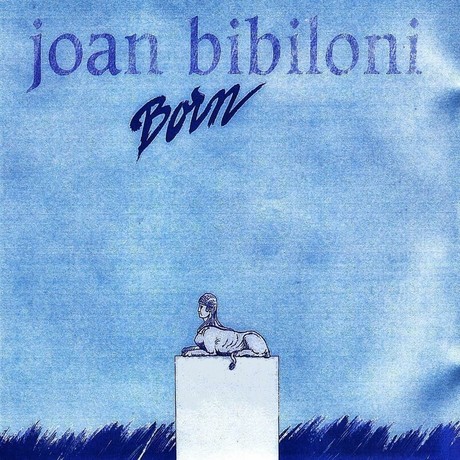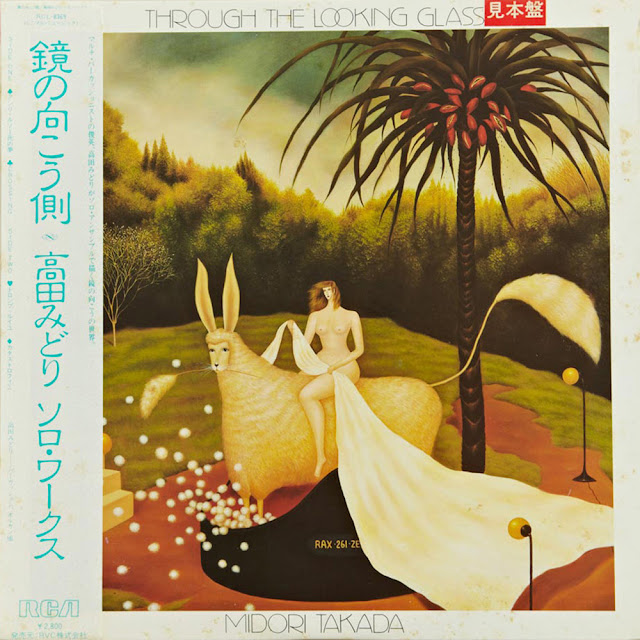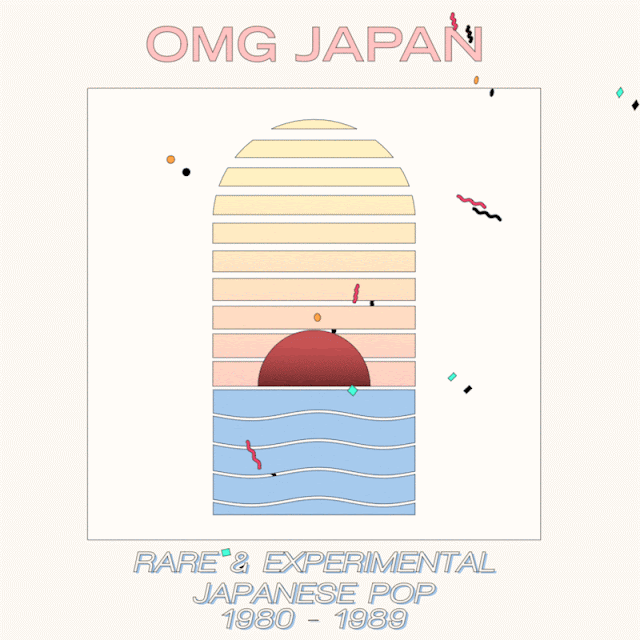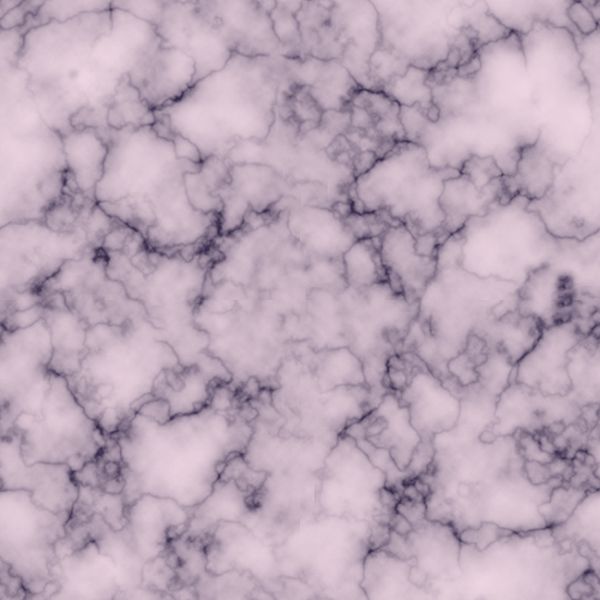
Yasuaki Shimizu – Kakashi, 1982








“This is a mix of Japanese pop songs, most of them with a synth funk backbone. The most exciting aspect of this era of music, though, is how unafraid these musicians were to push the limits of genre: They loved Van Dyke Parks, Kraftwerk and Martin Denny, but they were never confined by any one sound, nor were they afraid to poke fun at western constructs of the ‘oriental’ or Japanese fascinations with Western cultural novelties.”
Tracklisting:
1. Chiemi Manabe – Untotooku
2. Miharu Koshi – L’amour…Ariuwa Kuro No Irony
3. Hiroshi Satoh – Say Goodbye
4. Colored Music – Heartbeat
5. Minako Yoshida – Tornado
6. Ryuichi Sakamoto – Kacha Kucha Nee
7. Mariah – Shinzo No Tobira
8. Yukihiro Takahashi – Drip Dry Eyes
9. Sandii – Zoot Kook
10. Haruomi Hosono – Ohenro-San
11. Osamu Shoji – Jinkou Station Ceres
12. Kisagari Koharu – Neo-Plant
13. Inoyama Land – Wässer
14. Aragon – Horridula
15. Asami Kado – 退屈と二つの月
16. Tamao Koike & Haruomi Hosono – 三国志ラヴ・テーマ
17. Hiroyuki Namba – Hiru No Yume


